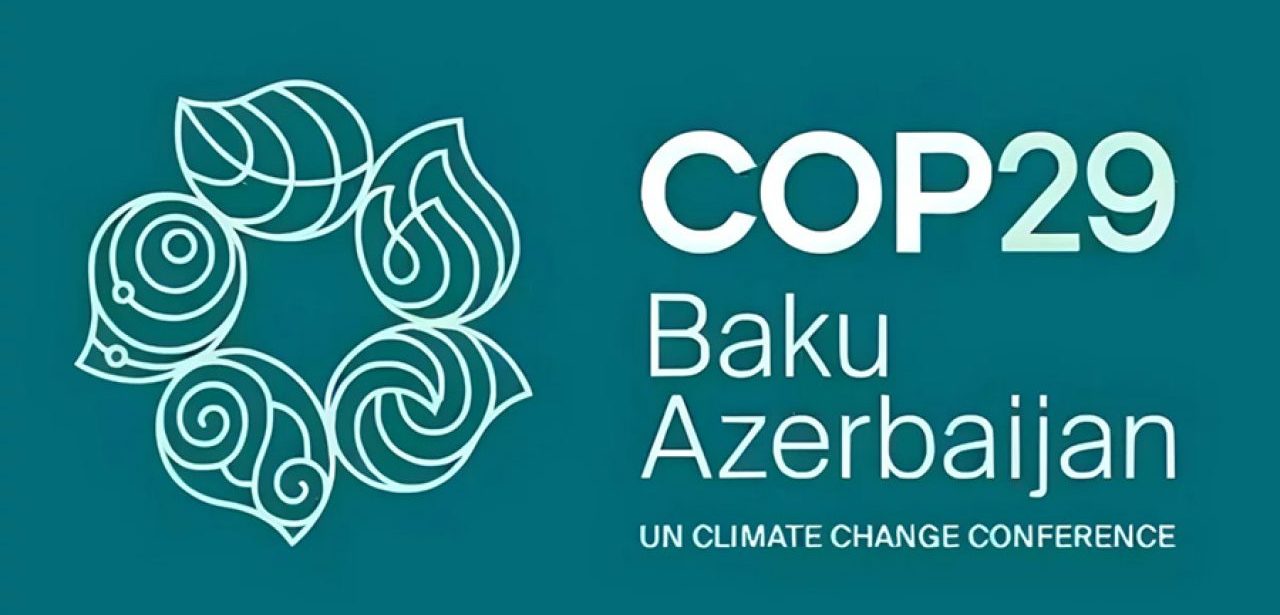International consultant and Nobel Peace Prize laureate as part of the Intergovernmental Panel on Climate Change, Alexey Kokorin, believes that COP29 was even more of a financial and organizational meeting than previous conferences.
Its main feature was the dominant role of developing a new Collective Quantified Goal on Climate Finance (NCQG).
Excerpts from the Report:
“None of the countries expressed doubts about the dominant anthropogenic impact on the climate on the scale of the 21st century, about the need to stabilize the situation at a relatively safe level. Most countries, in particular Russia, emphasized the key role of climate science, support for research and systematic observations, IPCC reports as a basis for decision-making. Also, the participants of the COP were unanimous in their opinion about the fundamental importance of transparency of all actions, including the allocation and expenditure of funds, risk analysis and measures to reduce them, especially actions under Article 6 of the PA.”
“At political level of NCQG, developed countries proposed a two-tier system, with a central tier formed from public and nationally mobilized funds surrounded by a large investment tier. Developing countries rejected the investment tier, citing inequality in investment, high cost of capital, inadequate credit ratings, and other problems that could not be addressed within FCCC.”
“In Baku, the decision-making process at the CMA level on market-based approaches to GHG emission reduction was completed. This refers to transactions with carbon units between countries (Article 6.2 of the PA) and between legal entities implementing projects and acquiring units (Article 6.4 of the PA). The first round of decision-making was in 2021, the second in 2022, there were a few issues left, but they could not be resolved at COP 28 (for more details, see the CAREC materials). At the same time, agreement was largely achieved by refusing to accept complex cases. In June 2024, it was decided that “avoiding emissions” cannot generate carbon units (until the next revision of the rules in 2028). For example, units cannot be issued if planned deforestation is cancelled (avoided). However, there was no doubt that units could be issued as a result of measures to increase CO2 sequestration on managed lands/forests. For more details, see the review prepared by COP 29.”
For more expert insights and detailed analysis, refer to Alexey Kokorin’s report, “COP 29: results and perspectives for future”
The report was prepared as part of the “Biodiversity and Climate Change: Environment and Energy System Resilience” project by Ecomed PU and the Regional Environmental Center for Central Asia (CAREC), supported by the NGO grant “International Initiatives Related to COP29” from the Ministry of Ecology and Natural Resources of the Republic of Azerbaijan in collaboration with the Agency for State Support to Non-Governmental Organizations of the Republic of Azerbaijan.

